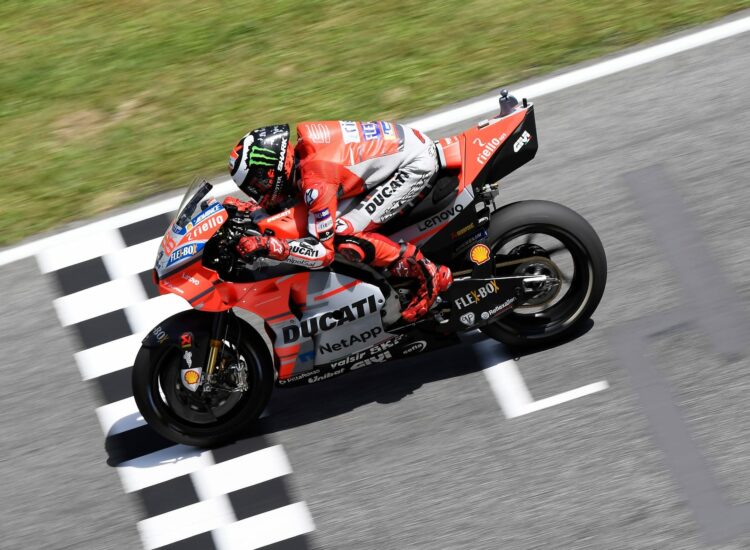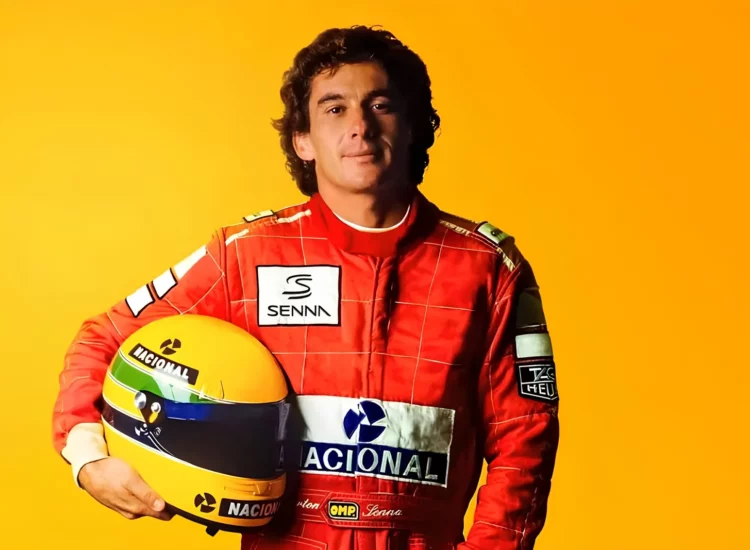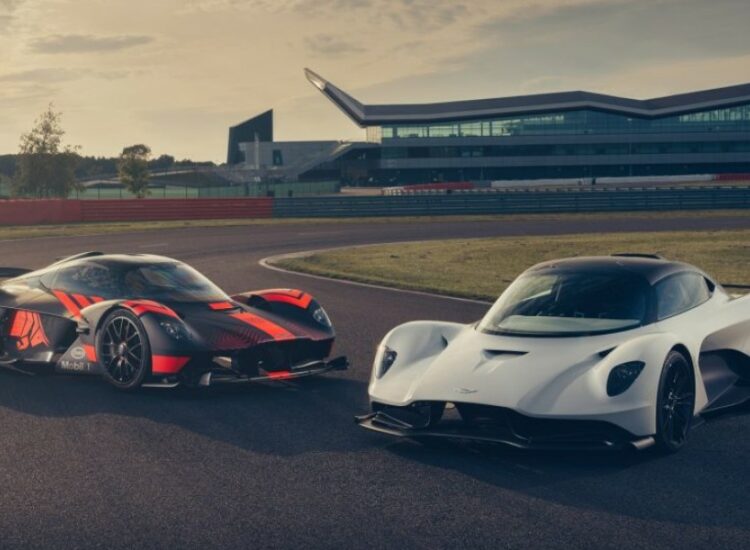Lewis Hamilton: A Formula 1 Icon, A Champion for Change
Formula 1, the pinnacle of motorsport, is a world of roaring engines, breathtaking speeds, and relentless competition. Within this high-octane arena, certain drivers transcend the sport, becoming legends whose names resonate far beyond the racetrack. Lewis Hamilton is undeniably one such figure. A seven-time World Champion, holding numerous records, and a global icon both on and off the track, Hamilton’s impact on Formula 1 and the wider world is profound and multifaceted.
Early Life and the Road to Formula 1
Born in Stevenage, Hertfordshire, England, in 1985, Lewis Carl Davidson Hamilton’s journey to the top of motorsport is a story of talent nurtured by unwavering dedication and the relentless support of his family. His father, Anthony Hamilton, played a pivotal role, working multiple jobs to fund Lewis’s burgeoning karting career. From a young age, Hamilton displayed exceptional skill and determination, winning the British Kart Championship at the age of ten.
His early career was marked by consistent success in karting and junior racing series. He was signed to McLaren’s Young Driver Programme in 1998, a testament to his prodigious talent. He progressed through the ranks, winning the Formula Renault UK title in 2003, the Formula 3 Euro Series in 2005, and the GP2 Series in 2006. Each step of the way, Hamilton showcased his speed, racecraft, and an unwavering competitive spirit that set him apart.
The McLaren Years: A Star is Born
In 2007, at the age of 22, Lewis Hamilton made his Formula 1 debut with McLaren, partnering with reigning World Champion Fernando Alonso. His arrival was nothing short of sensational. In his very first race, the Australian Grand Prix, he finished on the podium. Throughout his rookie season, Hamilton consistently challenged for wins, displaying remarkable composure and race pace for someone so new to the sport. He won his first Grand Prix in Canada, becoming the youngest British driver to win a Formula 1 race at the time.
The 2007 season was a thrilling and fiercely contested battle. Hamilton and Alonso were locked in an intense internal rivalry, while Ferrari’s Kimi Räikkönen emerged as a strong contender. Hamilton led the championship standings for much of the season, and entered the final race in Brazil with a chance to secure the title in his rookie year. Ultimately, a technical issue in the race cost him crucial points, and Räikkönen clinched the championship by a single point. Despite missing out on the title, Hamilton’s rookie season was historic, showcasing his extraordinary talent and marking him as a future champion.
The following year, 2008, saw Hamilton return with even greater determination. He again fought closely with Ferrari, this time with Felipe Massa. The season culminated in an unforgettable finale at the Brazilian Grand Prix. In a dramatic rain-soaked race, Massa won, seemingly securing the championship. However, in a heart-stopping moment on the very last lap, Hamilton overtook Timo Glock in the final corner to snatch fifth place, earning him the points needed to win his first World Championship by a single point. This victory cemented Hamilton’s status as a Formula 1 World Champion and a global superstar.
Related articles 01:
1. https://toprunracing.vn/top-10-racing-car-manufacturers-dominating-the-world-of-motorsport
2. https://toprunracing.vn/ducati-the-undisputed-icon-of-motorcycle-racing
3. https://toprunracing.vn/choosing-the-right-car-a-comprehensive-guide-to-making-the-best-decision
4. https://toprunracing.vn/formula-1-the-pinnacle-of-motorsport
5. https://toprunracing.vn/huyen-thoai-toc-do-nhung-tay-dua-o-to-lung-danh-nhat-trong-lich-su
The Mercedes Era: Dominance and Records
In 2013, Hamilton made a bold move, switching from McLaren to Mercedes, a team that, while historically significant, was not then a consistent frontrunner in the turbo-hybrid era. This decision was initially met with skepticism by some, but it proved to be a masterstroke. Mercedes embarked on a period of unprecedented dominance with the introduction of new engine regulations in 2014, and Hamilton was perfectly positioned to capitalize.
The 2014 season marked the start of the Mercedes era, and a fierce rivalry between Hamilton and his new teammate, Nico Rosberg. Hamilton secured his second World Championship, the first of six titles he would win with Mercedes in the subsequent years. He added championships in 2015, 2017, 2018, 2019, and 2020, equaling Michael Schumacher’s record of seven World Championships. This period of sustained success established Hamilton as one of the most dominant drivers in Formula 1 history.
Throughout the Mercedes years, Hamilton demonstrated exceptional consistency, race pace, and strategic brilliance. He became renowned for his masterful tire management, his ability to extract the maximum performance from his car in qualifying and races, and his exceptional wet-weather driving skills. His mental fortitude and ability to perform under pressure were also key to his success, allowing him to consistently deliver at the highest level.
Hamilton’s record-breaking achievements are staggering. He holds the records for most wins, pole positions, podium finishes, fastest laps, and points finishes in Formula 1 history. He has surpassed legends like Michael Schumacher in many key statistical categories, firmly establishing his place at the very top of the sport.
Beyond the Track: Activism and Influence
Lewis Hamilton’s impact extends far beyond his racing achievements. He has used his global platform to become a powerful voice for social justice, equality, and environmental sustainability. He has been a vocal advocate for diversity and inclusion within motorsport and wider society, challenging the historically homogenous nature of Formula 1.
Hamilton has consistently spoken out against racism and discrimination, using his platform to support the Black Lives Matter movement and advocate for greater representation of minority groups in all areas of life. He established “The Hamilton Commission,” a research partnership focused on identifying the key barriers to recruitment and progression of Black people in UK motorsport and STEM. He has also launched “Mission 44,” a charitable foundation aimed at supporting young people from underrepresented backgrounds.
Related articles 02:
1. https://toprunracing.vn/buyers-guide-key-considerations-when-purchasing-a-motorcycle
2. https://toprunracing.vn/ayrton-senna-brazils-immortal-racing-legend
3. https://toprunracing.vn/formula-1-the-pinnacle-of-motorsport
4. https://toprunracing.vn/huyen-thoai-toc-do-nhung-tay-dua-o-to-lung-danh-nhat-trong-lich-su
5. https://toprunracing.vn/top-10-racing-car-manufacturers-dominating-the-world-of-motorsport
Furthermore, Hamilton has become increasingly vocal about environmental issues, advocating for sustainable practices within Formula 1 and promoting environmental awareness among his vast global fanbase. He has spoken about his personal transition to a vegan diet for environmental reasons and has encouraged his followers to consider their own impact on the planet.
His activism has not always been without controversy, particularly within the traditionally conservative world of motorsport. However, Hamilton has remained steadfast in his beliefs, using his platform to drive positive change and challenge the status quo. His willingness to speak out on important social and environmental issues has broadened his influence and made him a role model for millions beyond the realm of racing fans.
Legacy and Conclusion
Lewis Hamilton’s legacy in Formula 1 is secure. He is not just a seven-time World Champion and record-breaker; he is a transformative figure who has redefined what it means to be a modern racing driver. His incredible talent and relentless drive on the track are matched by his growing influence off the track, where he has become a powerful voice for positive change.
Hamilton’s impact extends beyond statistics and trophies. He has inspired a new generation of drivers and fans, particularly from diverse backgrounds, showing that Formula 1 is a sport that can be more inclusive and representative of the global community. His commitment to social justice and environmental sustainability has brought important conversations to a global audience and challenged the sport to consider its broader impact.
As he continues to compete in Formula 1, Lewis Hamilton’s story is still being written. Regardless of what the future holds on the track, his place as a legend of the sport and a champion for change is firmly cemented. He is more than just a racing driver; he is a global icon whose influence extends far beyond the checkered flag.


/origin-imgresizer.eurosport.com/2020/11/15/2937217-60300308-2560-1440.jpg)








